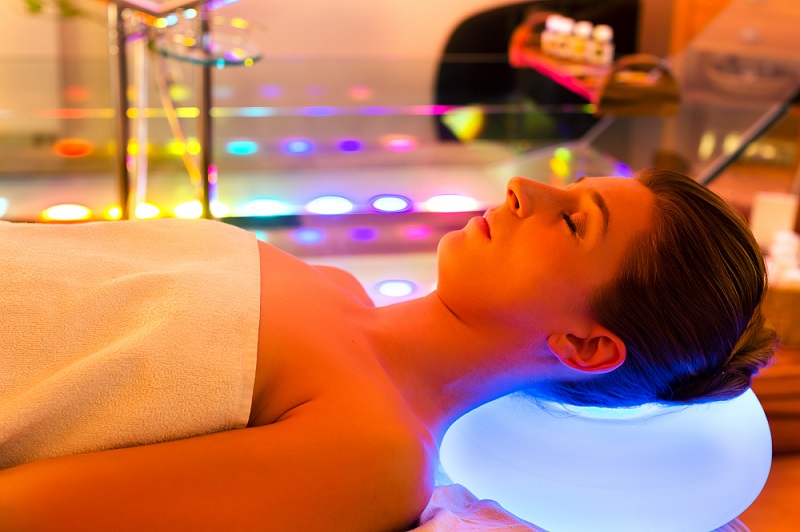
Color Therapy
Color therapy, also known as chromotherapy, is a holistic healing practice that utilizes
colors to promote physical, emotional, and mental well-being. This ancient practice traces
its roots to various civilizations, including the ancient Egyptians and Greeks, who believed
in the profound impact of colors on human health.
The core principle of color therapy is based on the idea that different colors are
associated with specific energies and vibrations, which can influence the body's natural
balance. Each color is believed to correspond to different chakras or energy centers in the
body. By exposing individuals to specific colors, practitioners aim to restore harmony and
balance to these energy centers, thus facilitating healing.
Proponents of color therapy suggest that different colors can evoke various emotional
responses and physiological changes. For instance, warm colors like red and orange are
thought to stimulate energy and passion, while cool colors like blue and green are believed
to promote relaxation and tranquility. Yellow is often associated with boosting positivity
and mental clarity.
Color therapy can be administered through various methods, such as colored lights,
visualizations, and even wearing specific colored clothing or using colored gemstones. While
scientific evidence supporting the direct therapeutic effects of color therapy is limited,
many individuals report positive experiences and feelings of well-being after undergoing
color therapy sessions.
Whether viewed as a complementary therapy or a form of alternative medicine, color therapy
continues to intrigue and inspire those seeking holistic approaches to health and wellness.
As with any therapeutic practice, it's important for individuals to consult with qualified
practitioners and healthcare professionals before incorporating color therapy into their
wellness routines.
